Scrap steel and iron play a major role in decarbonizing one of the most polluting industries in the world – the steel industry. How can the availability of scrap be secured in the future? What incentives are needed to promote circularity in the steel sector?
On June 1st 2023 we held an Accelerator Session at the World Circular Economy Forum, where steel industry experts analyzed the opportunities and challenges related to increasing the use of scrap in steel production. You can view the recording of the session and download the presentations below.
Watch the recording of the session
You can move to different keynotes by selecting an episode from the video timeline.
Presentations
You can open the keynote presentation slides of each speaker by clicking the links below.
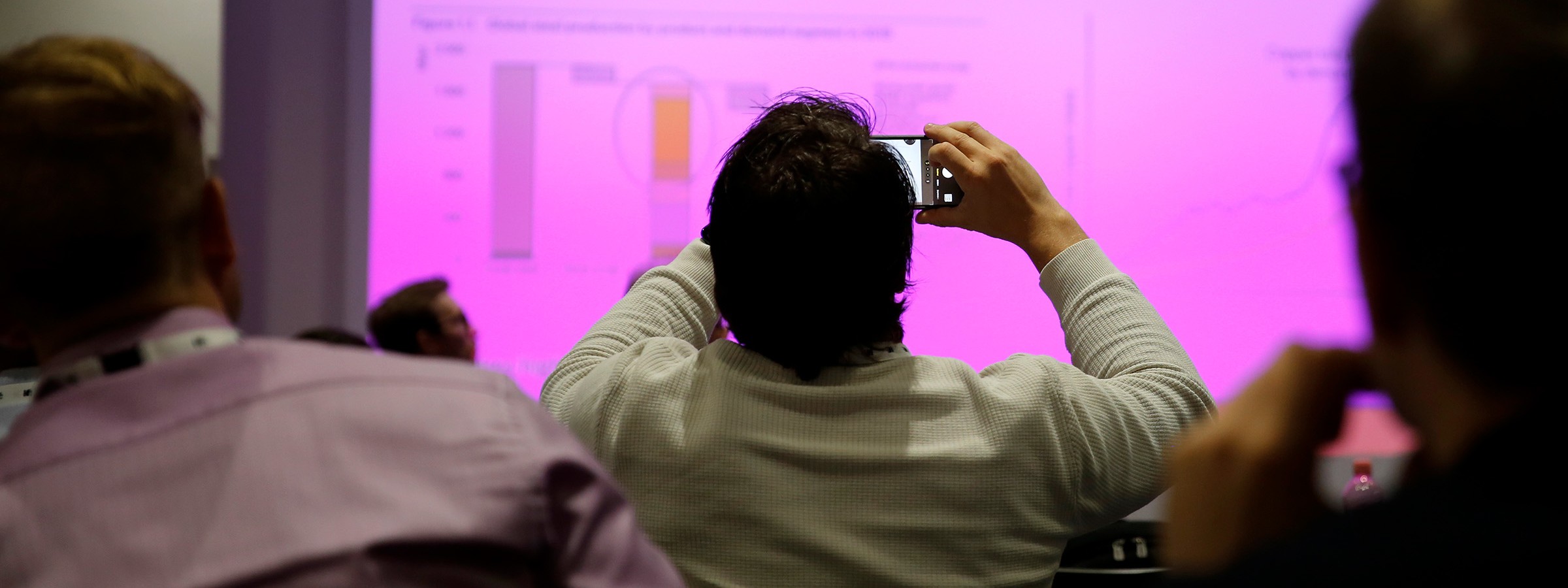
Key takeaways from the session & WCEF2023
Take a look at our key takeaways from both our session and the entire WCEF2023 event.

Key takeaways from the session & WCEF2023
Event information
Time: June 1st 2023 at 1.00 p.m. – 3.00 p.m. UTC+3 (Finnish time) – coffee served from 12.30 pm onwards.
Place: Messukeskus, Helsinki, Finland (Siipi entrance, conference room 206)
With keynotes from international experts highlighting different perspectives – from regional differences in scrap availability and quality to the upcoming SBTi steel sector guidance and business cases – our session offers a place for inclusive discussion on the role of scrap steel in steel sector decarbonization.
We welcome a broad audience from business, academia, public sector and NGO’s. There will be opportunities to network and change ideas with the international experts in the green steel ecosystem. The Accelerator Session is arranged by WWF Finland.
Our Accelerator Session is free of charge and does not require a ticket to World Circular Economy Forum 2023.
Speakers

Helena Kivi-Koskinen
host
Helena Kivi-Koskinen (Ms. Political Science, Certified Board Member) works as a Chief Policy Adviser at Management Consulting ACTS. Before ACTS, Helena worked as a sustainability expert and in management positions in the steel and energy industry. Helena has extensive experience on strategic management and business development. She has worked on many investment projects and masters the circular economy legislation. Helena is a board member of the Finnish Air Pollution Prevention Society.

Helena Kivi-Koskinen
host
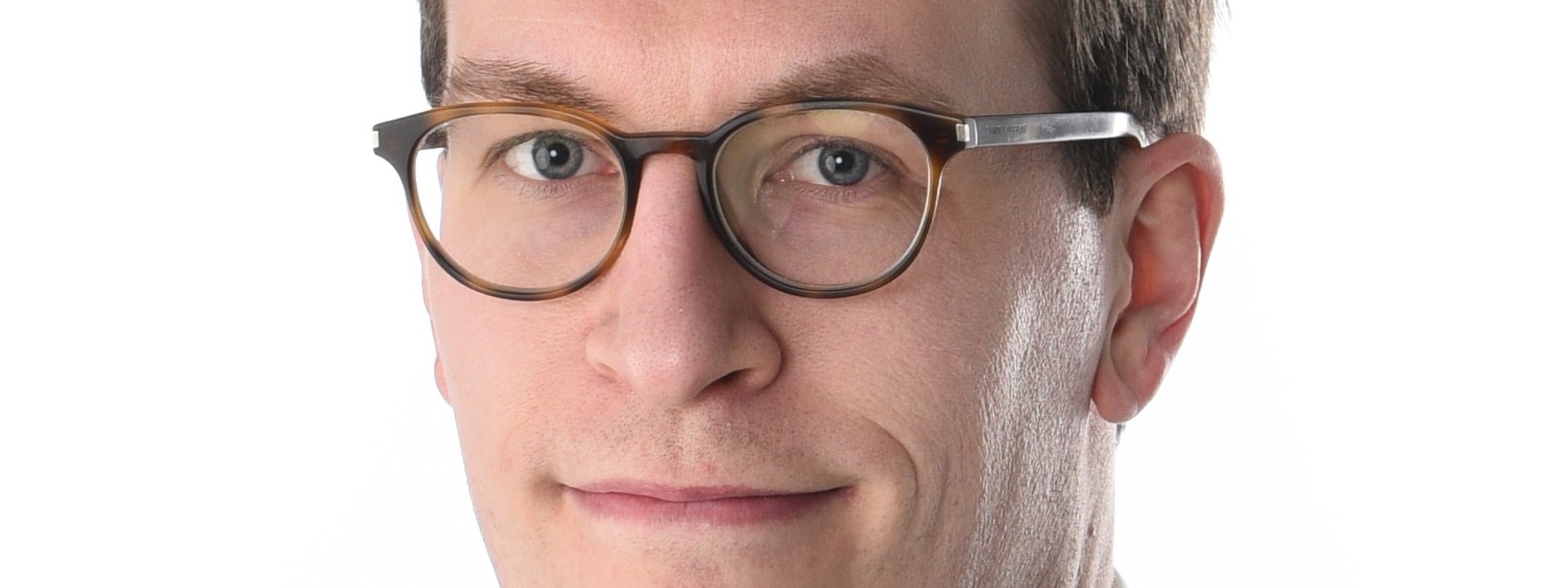
Ville-Valtteri Visuri
Associate professor
University of Oulu
The future of scrap supply – global and regional perspectives
Ville-Valtteri Visuri is an Associate Professor in the Process Metallurgy Research Unit at the University of Oulu. He focuses on studying the chemical and physical fundamentals of steelmaking processes, especially electric arc furnaces, converters, and ladles. Visuri has a strong belief in the potential of modeling and simulation tools, which is a topic he also worked on at Outokumpu Stainless Oy during his previous position as an R&D Manager. Currently, he is eager to embark on research in the field of hydrogen plasma smelting reduction, a promising process that could significantly reduce greenhouse gas emissions in the steel industry.

Ville-Valtteri Visuri
Associate professor
University of Oulu
The future of scrap supply – global and regional perspectives
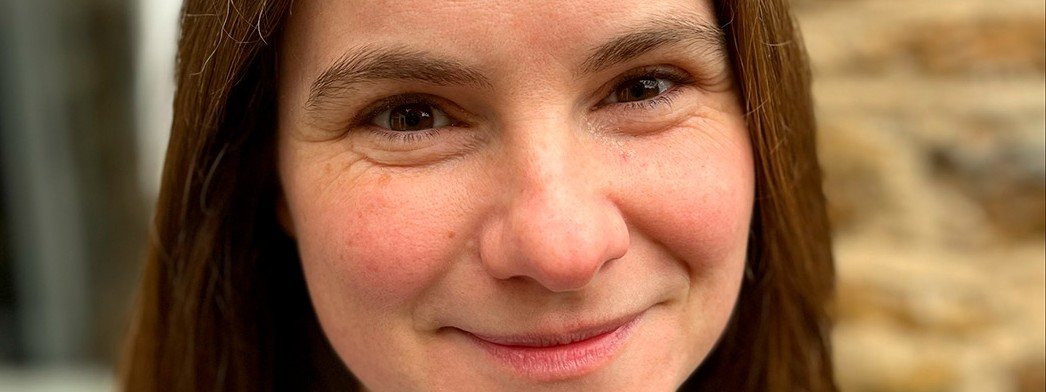
Philippa Horton
Business Manager (Use Less Group)
University of Cambridge
The importance of high value recycling for steel
Dr Philippa Horton (Pippa) trained as an automotive design engineer and following a PhD on material efficiency in automotive production, joined University of Cambridge as a business manager in 2019. Pippa acts as the bridge between research and the key industrial sectors, with a particular focus on steel and cement. She oversees delivery and implementation of research, coordinating relationships with industry partners and managing industrial deployment of demand reduction and technology innovation. She has initiated three spin out companies – Structural PANDA (early stage structural design software for reducing embodied emissions in buildings), DeepForm (A method for automotive metal forming with less production loss) and Cambridge Electric Cement (a symbiotic process of recycling cement in and electric arc furnace).

Philippa Horton
Business Manager (Use Less Group)
University of Cambridge
The importance of high value recycling for steel
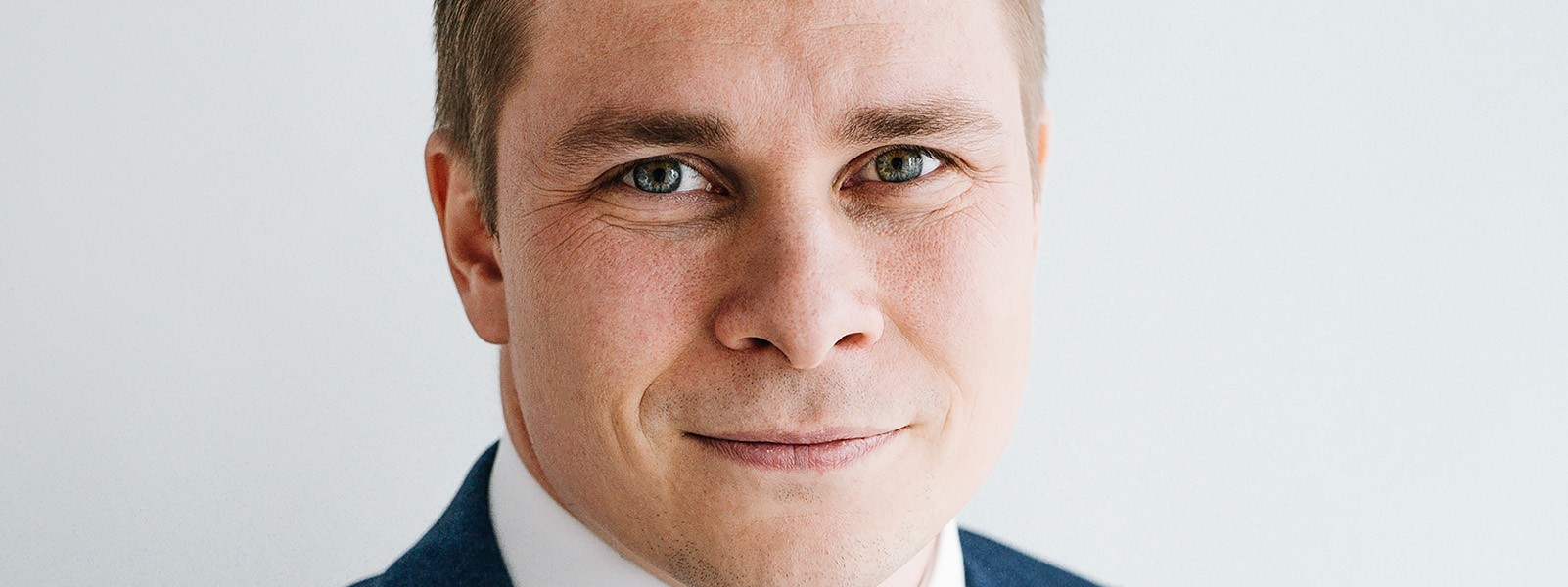
Juha Erkkilä
VP Group Sustainability
Excellence & Reliability
Outokumpu
How to build successful steel business using scrap – a business case
Metallurgist with a passion on sustainability. Juha Erkkilä is currently the head of sustainability at Outokumpu which is the largest stainless steel producer in Europe. Juha has worked for 15 years in the steel industry both in carbon steel and stainless steel on three continents. Decarbonization is crucial in the steel industry and increased circular economy and more rational consumption of steel are both required for succesful transition.

Juha Erkkilä
VP Group Sustainability
Excellence & Reliability
Outokumpu
How to build successful steel business using scrap – a business case
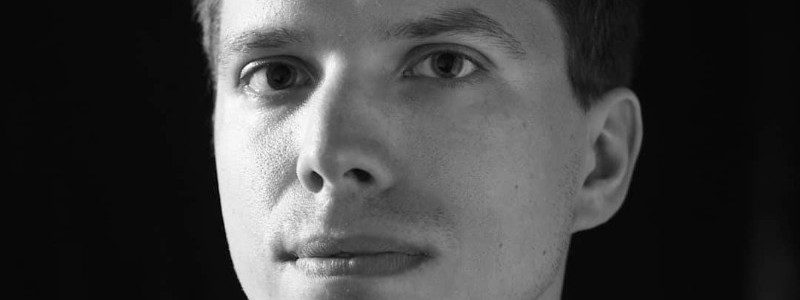
Rafal Malinowski
Energy Platform Associate
Systemiq
How is scrap-based steel production treated in the new SBTi 1.5C steel sector guidance?
Rafal Malinowski is an Associate at Systemiq, focusing on decarbonisation of heavy industries. He was lead analyst in the Mission Possible Partnership Steel Sector Transition Strategy 2021 and was heavily involved in creation of the updated 2022 version, which aimed to outline a realistic technology pathway for the steel sector that would meet the 1.5°C carbon budget. As part of his work for the Energy Transitions Commission and MPP, he also co-created the draft of Steel Science-Based Target Setting Guidance that went into public consultation in November last year, as well as supported SBTi this year in incorporating the consultation feedback. Before Systemiq, Rafal worked for four years at McKinsey & Company, and holds a degree in chemical engineering.

Rafal Malinowski
Energy Platform Associate
Systemiq
How is scrap-based steel production treated in the new SBTi 1.5C steel sector guidance?
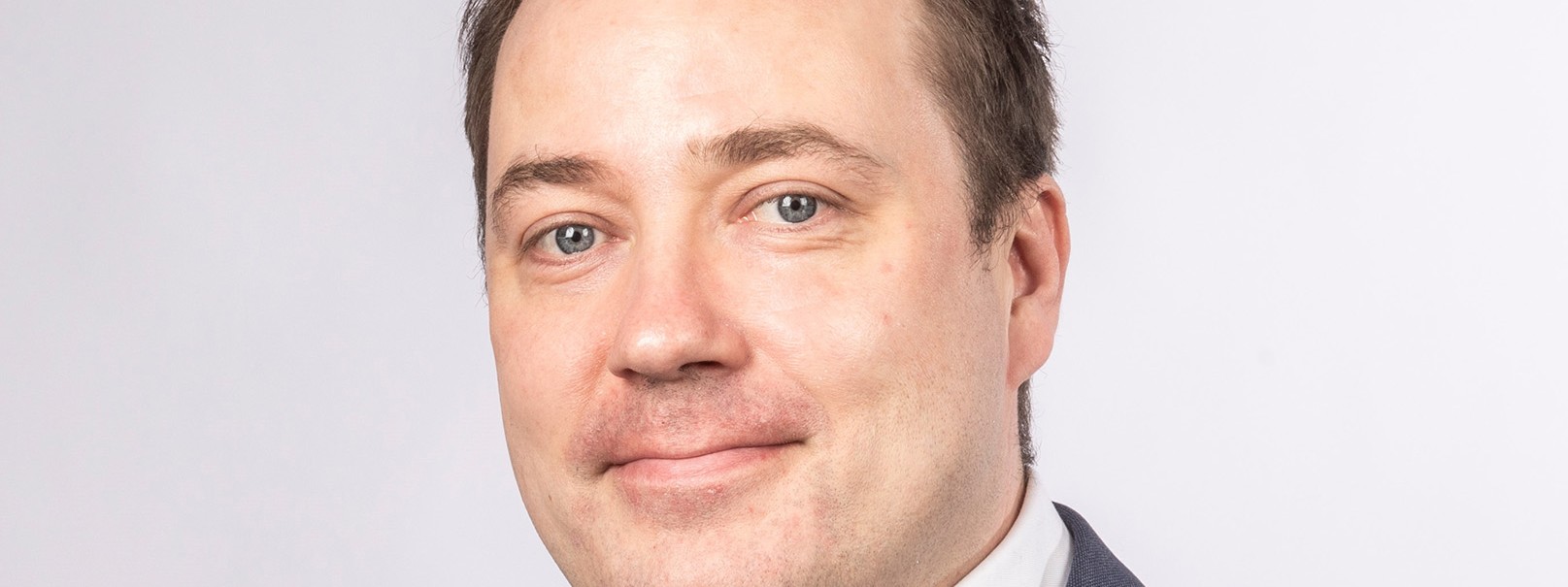
Tuomas Haikka
Chief Sustainability Officer
Kuusakoski
Recyclers' role when overcoming the scarcity and quality challenges in steel value chain
Tuomas Haikka is working as a Chief Sustainability Officer at Kuusakoski. He is a visionary, ambitious business and people leader with 20 years of experience in global manufacturing industries. He has strong track record in building commercial success, growth and competitive edge through Sustainable Value Chains. Tuomas also serves as chairman of the Board for Recycling Industries of Finland.

Tuomas Haikka
Chief Sustainability Officer
Kuusakoski
Recyclers' role when overcoming the scarcity and quality challenges in steel value chain
Practical information
Arriving to Messukeskus (event venue):
We highly recommend using public transportation (or an electric taxi).
However, if you arrive with your own car, we recommend parking at Siipi parkki (address: Ratamestarinkatu 13). Please note that there are limited parking spaces available.
More information:
- Getting to Messukeskus
- Practical information about the main event and travelling
About the organizers
WWF Finland is running a project called Sx5: Securing the Success of SBTi 1.5C Steel Sector guidance. The project is co-funded by Tiina and Antti Herlin Foundation. The purpose of the project is to engage the key stakeholders of steel sector to Science Based Targets initiative, especially in the Northern Europe.
This event is an Accelerator Session at the World Circular Economy Forum 2023. WCEF2023 offers circular solutions for nature and the economy.
Visit our Steel Decarbonization website
At present, the steel sector accounts for 7–8 % of global greenhouse gas emissions heating up the climate.
The industry’s CO2 emissions can be significantly reduced using scrap steel and iron, along with a technological shift from coal-powered blast furnaces and basic oxygen furnaces into electric arc furnaces (EAF).

